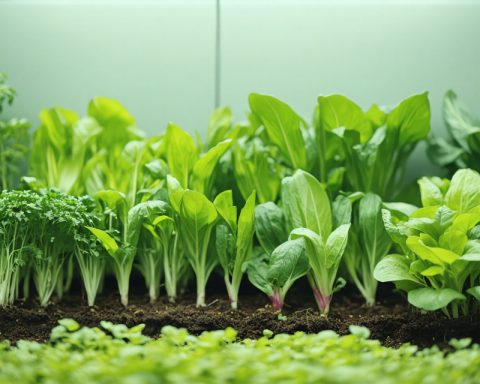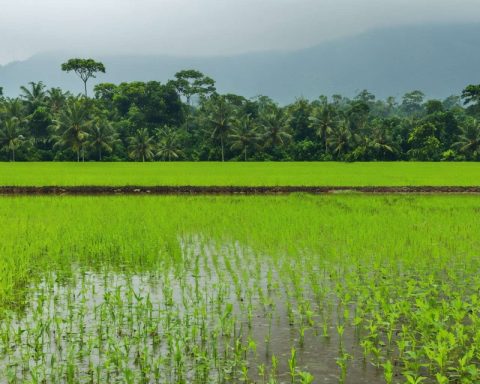Browse TagGreen Revolution
The Green Revolution refers to a period of significant agricultural transformation that occurred from the 1940s to the late 1960s, primarily in developing countries. It is characterized by the introduction of high-yielding varieties (HYVs) of crops, particularly staple grains like wheat and rice, alongside the use of chemical fertilizers, pesticides, and advanced irrigation techniques. This movement aimed to increase food production to combat hunger and improve food security in response to the rapidly growing populations in these regions.The Green Revolution is often associated with agricultural scientists such as Norman Borlaug, who played a key role in developing high-yield crop varieties and promoting modern agricultural practices. While it successfully boosted food production and helped to avert famines in many countries, the Green Revolution also raised concerns about environmental sustainability, socioeconomic disparities, and dependence on chemical inputs. The legacy of the Green Revolution continues to influence agricultural practices and policies worldwide.













